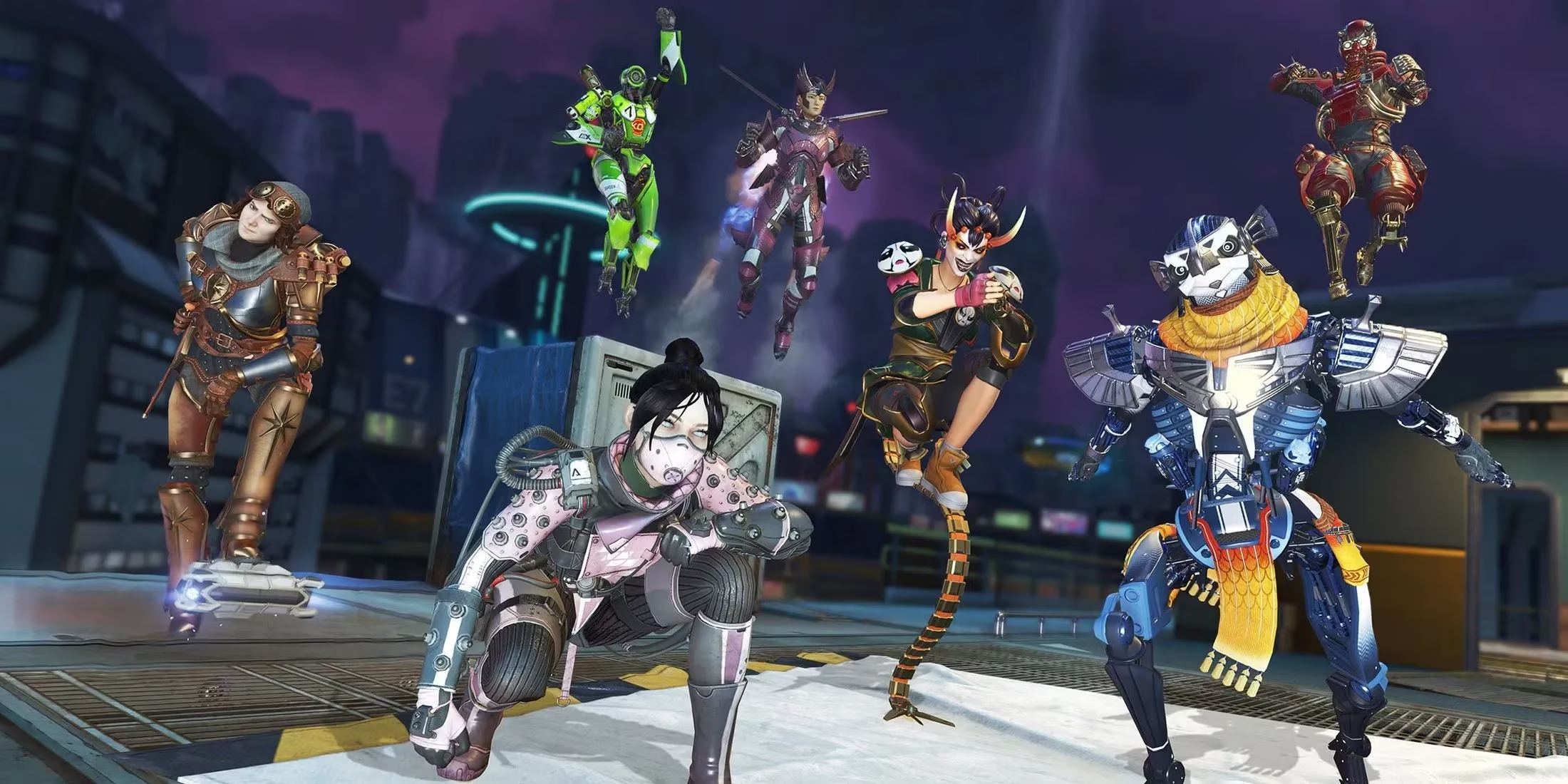Rumors surrounding Ubisoft's Project Scout have sent ripples through the gaming community, positioning it as a direct challenger to Respawn Entertainment's Apex Legends. Unlike typical battle royale clones, Project Scout reportedly mirrors Apex's signature elements—fluid mobility, hero-driven abilities, and vertical gunplay—aiming not just to compete but to refine and outdo the established favorite. As Apex Legends enters its post-Season 24 era, this emerging threat could force Respawn to confront long-standing issues like server instabilities and movement inconsistencies, revitalizing the genre through healthy competition. If Scout delivers a smoother, more responsive experience, it might expose weaknesses that have festered in Apex's vacuum of rivalry, turning what was once complacency into a catalyst for innovation.
The Core of Apex's Appeal: Movement and Hero Dynamics
Apex Legends has carved its niche with kinetic systems that transform gameplay into a high-octane ballet of slides, zip lines, and wall climbs. These mechanics aren't mere gimmicks; they form the backbone of the game's meta, where positioning and strafing often trump raw shooting skills. This interplay creates a unique dynamic that distinguishes Apex from methodical titles like PUBG or chaotic ones like Warzone. For instance, isolating squads requires skillful movement, making every encounter a test of agility and strategy. But how sustainable is this advantage without rivals pushing the envelope? People Also Ask: Why is movement so crucial in modern battle royale games? Well, it elevates skill expression beyond aim, turning evasion and positioning into art forms that keep players engaged.

Project Scout, if rumors hold true, aims to replicate and enhance this DNA. By leaning on similar hero archetypes—each with passives, tacticals, and ultimates—Scout could refine areas where Apex stumbles, such as audio desync or delayed ability inputs. Imagine a game that maintains Apex's thrill but with optimized server tick rates and fewer bugs; Scout wouldn't need revolutionary ideas, just polished execution. After all, in 2025, players demand seamless experiences, and Scout's potential to be "smoother and more responsive" could highlight Apex's aging infrastructure. This isn't about stealing market share—it's about setting a new benchmark. 🚀
Exposing Weaknesses and Driving Innovation
For years, Apex Legends evolved in isolation, lacking meaningful competition in its hero-based, movement-intensive subgenre. This absence bred complacency, allowing issues like inconsistent tap-strafing or poor solo queue matchmaking to persist. But Project Scout's emergence changes everything; it serves as a stress test, forcing Respawn to iterate or risk obsolescence. Consider the TTK (time-to-kill) and movement balance: if Scout improves upon it, Respawn must re-evaluate bloated or buggy systems. Could this rivalry finally address community gripes that were once dismissed as niche?
Moreover, competition clarifies Apex's identity. Is it a pure shooter with abilities or a movement sandbox? Scout's focus on kinetic gameplay might push Respawn to commit fully, strengthening core mechanics rather than diluting them. Here's a quick comparison of key aspects:
| Feature | Apex Legends (Current) | Project Scout (Rumored) |
|---|---|---|
| Movement Mechanics | Slides, zip lines, wall climbs | Enhanced versions with fewer bugs |
| Hero Abilities | Diverse but inconsistent inputs | Smoother execution and balance |
| Infrastructure | Legacy issues (e.g., server tick rates) | Native design for movement-first combat |
| Player Experience | Complacency from lack of rivals | Potential for optimized matchmaking |
This table shows how Scout could leverage Apex's strengths while fixing its flaws. People Also Ask: How do server issues affect gameplay in battle royale titles? Poor tick rates lead to frustrating desync, where actions don't register in real-time—a problem Scout might solve from scratch.
Broader Implications for the Genre
Project Scout's arrival isn't just a threat; it's an opportunity for the entire battle royale ecosystem. Competition recontextualizes feedback, turning minor complaints into critical vulnerabilities. If Scout launches with fixes for friction points like matchmaking or ability delays, Apex must adapt quickly or appear outdated. This dynamic fosters innovation, as seen in other genres where rivals push each other to new heights. Ultimately, Ubisoft doesn't need to dethrone Apex—it just needs to remind Respawn that the throne is up for grabs. 🎮
As we look ahead in 2025, the real winner could be the players. A revitalized Apex, spurred by Scout's challenge, might deliver the polished, movement-centric experience fans crave. So, what's next for Respawn? They have the chance to rebuild stronger, embracing this jolt to refine their crown jewel. Now, it's your turn to weigh in: share your predictions on how this rivalry will shape the future of gaming—join the discussion and stay tuned for updates!
